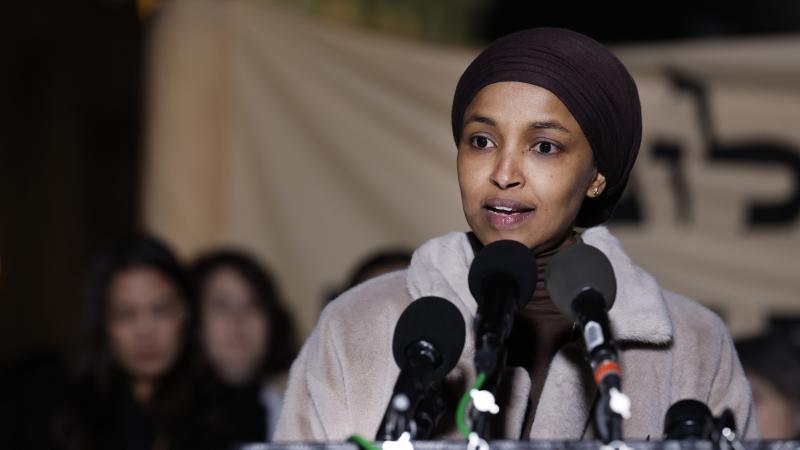Senate GOP's $1T stimulus plan includes more $1,200 direct payments, lower federal jobless benefits
Individuals making $75,000 annually would receive a $1,200 stimulus payment and families making $150,000 would qualify for $2,400
The Senate GOP released a $1 trillion stimulus plan on Monday evening that includes another round of $1,200 stimulus payments from the CARES Act and provides a weekly federal unemployment benefit of 70% of lost revenue for a payment of up to $500 per week.
Since the unemployment systems in some states are not able to calculate payments at 70% of lost wages yet, the unemployment payment will be $200 per week in those states, down from the $600 in the CARES Act. The federal payment will be issued on top of state unemployment benefits.
The bill comes about two and a half months after the Democrat-controlled House released a roughly $3 trillion HEROES Act that keeps the $600-a-week payments, which will likely be a sticking point among Democrats in the GOP-Senate and between House and Senate negotiators once the bill passes in the upper chamber.
"Tens of millions of Americans are jobless American families are struggling to keep a roof over their heads," Senate ?Democratic leader Chuck Schumer tweeted. "Nearly 150,000 Americans have died The GOP plan does not meet this moment The HEROES Act that passed the House matches the scale of this crisis and the needs of Americans."
Before the Senate bill was released Monday, Sen. Marsha Blackburn told Just the News that the chamber should end the added federal unemployment benefit and adopt a payroll tax holiday.
“There is talk about eliminating it completely," the Tennessee Republican said. "There is still talk and conversation around the payroll tax holiday, which actually I think that is the preferred way to move forward."
The Health; Economic Assistance; Liability protection; and Schools Act or HEALS Act would extend the Paycheck Protection Program for businesses with under 300 employees that demonstrate lost revenue of 50 percent due to the pandemic. Business did not have to show evidence of financial loss in the original PPP program rules.
Individuals making $75,000 annually would receive a $1,200 stimulus payment and families making $150,000 per year would qualify for a $2,400 check under the new GOP proposal.
The House also included $1,200 payments but expanded the eligibility to include illegal immigrants who filed tax returns with individual tax identification numbers (ITINs). Their bill would also allow ITIN filers to retroactively collect the first round of $1,200 payments.
"We need our Democratic colleagues to reprise their part as well," Senate Majority Leader Mitch McConnell said after his bill was released. "They need to put aside the partisan stonewalling we saw on police reform, rediscover the spirit of urgency that got the CARES Act across the finish line, and quickly join us around the negotiating table. It will take bipartisan cooperation to make the HEALS Act into law for the American people."
The CARES Act included an "employee retention tax credit (ERTC) in the form of a refundable payroll tax credit equal to 50 percent of certain wages paid by employers to employees during the COVID-19 crisis." The new bill raises the "applicable percentage of qualified wages reimbursed through the credit to 65 percent."
The legislation would send about $105 billion to public schools and it includes liability protections for businesses as state economies re-open.
The bill does not include additional state and local government funding above the $150 billion included in the CARES Act, which is an area of the plan that Democratic negotiators are likely to push back on with Senate Republicans.
The HEROES Act included $1 trillion in funding state and local governments.














